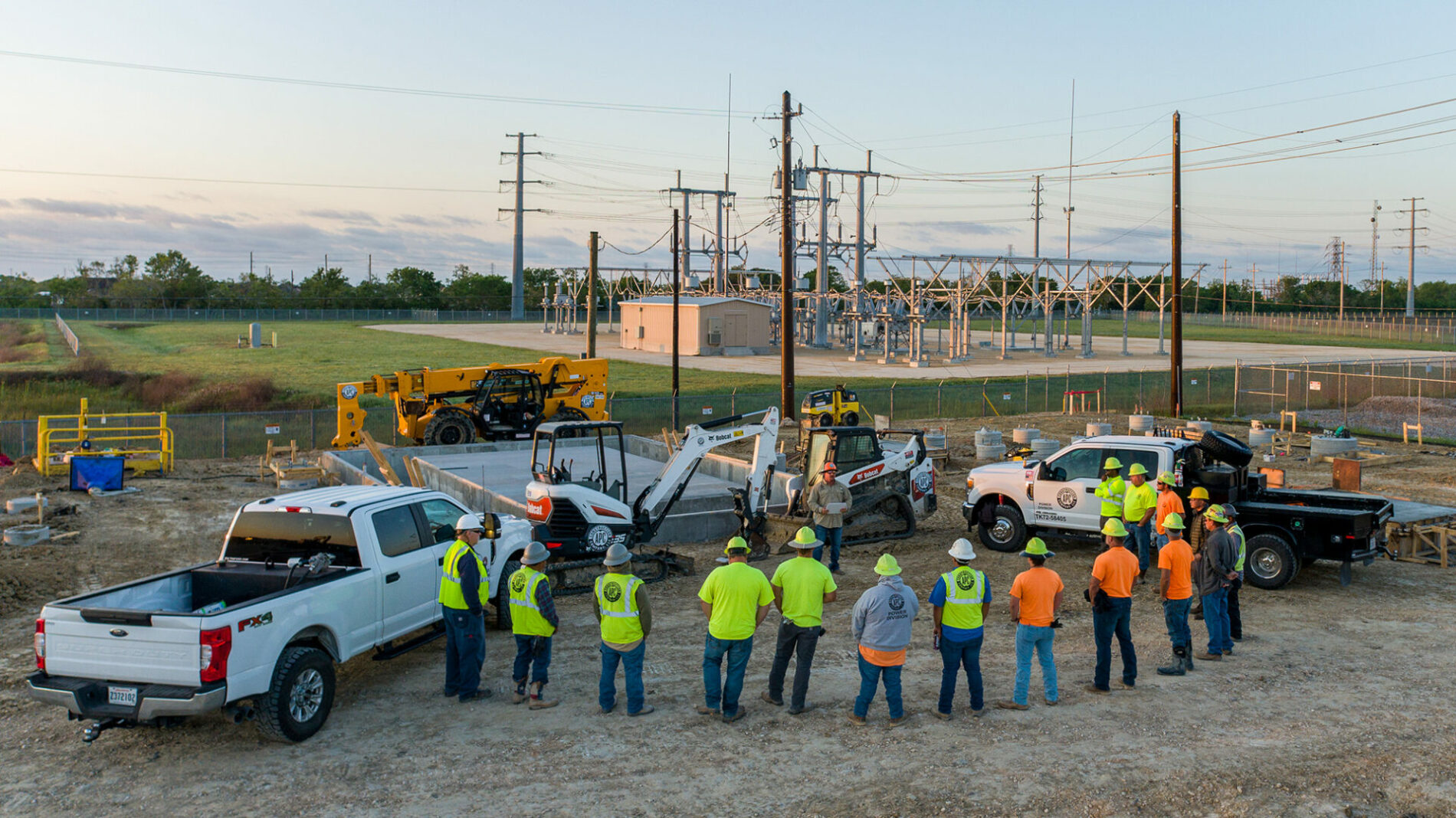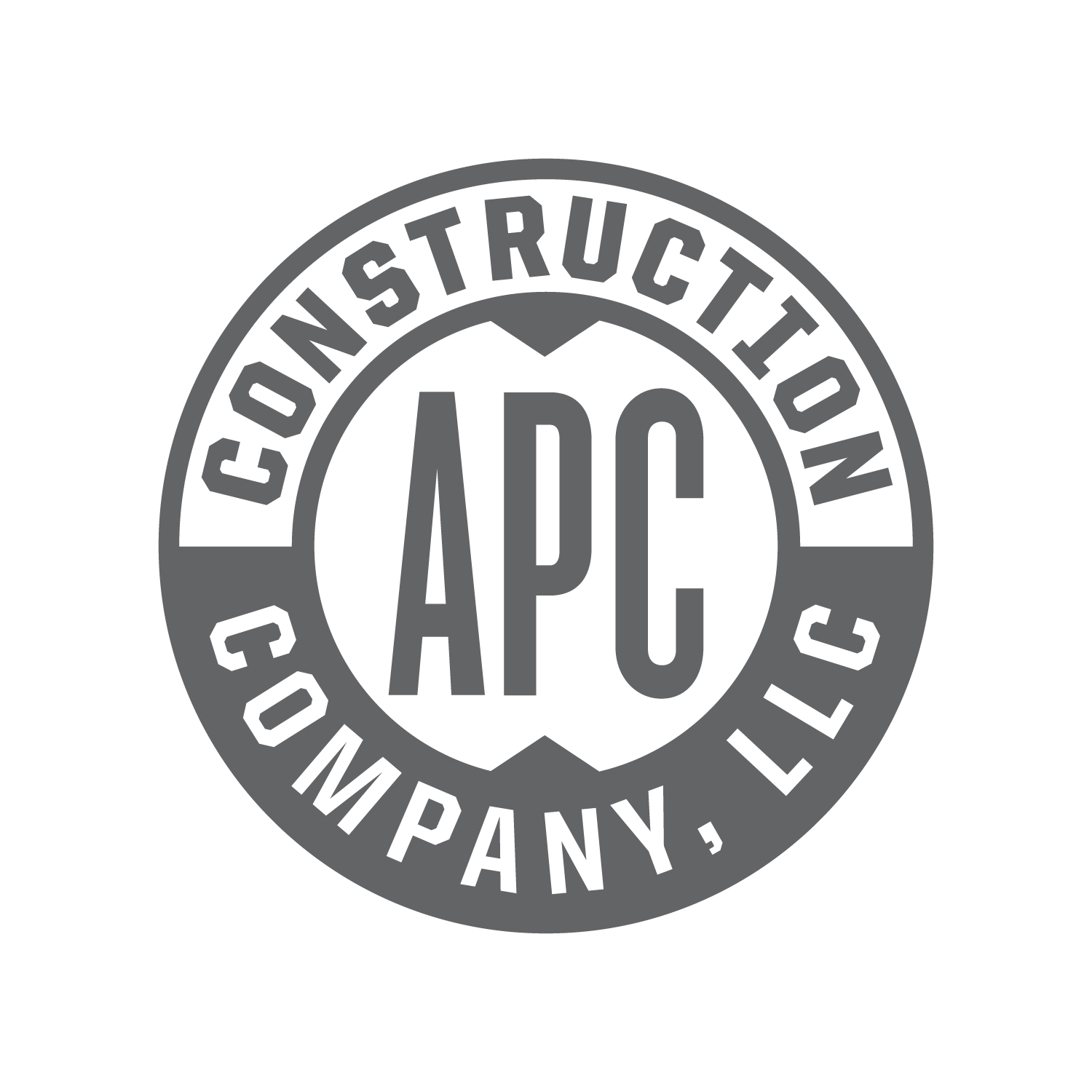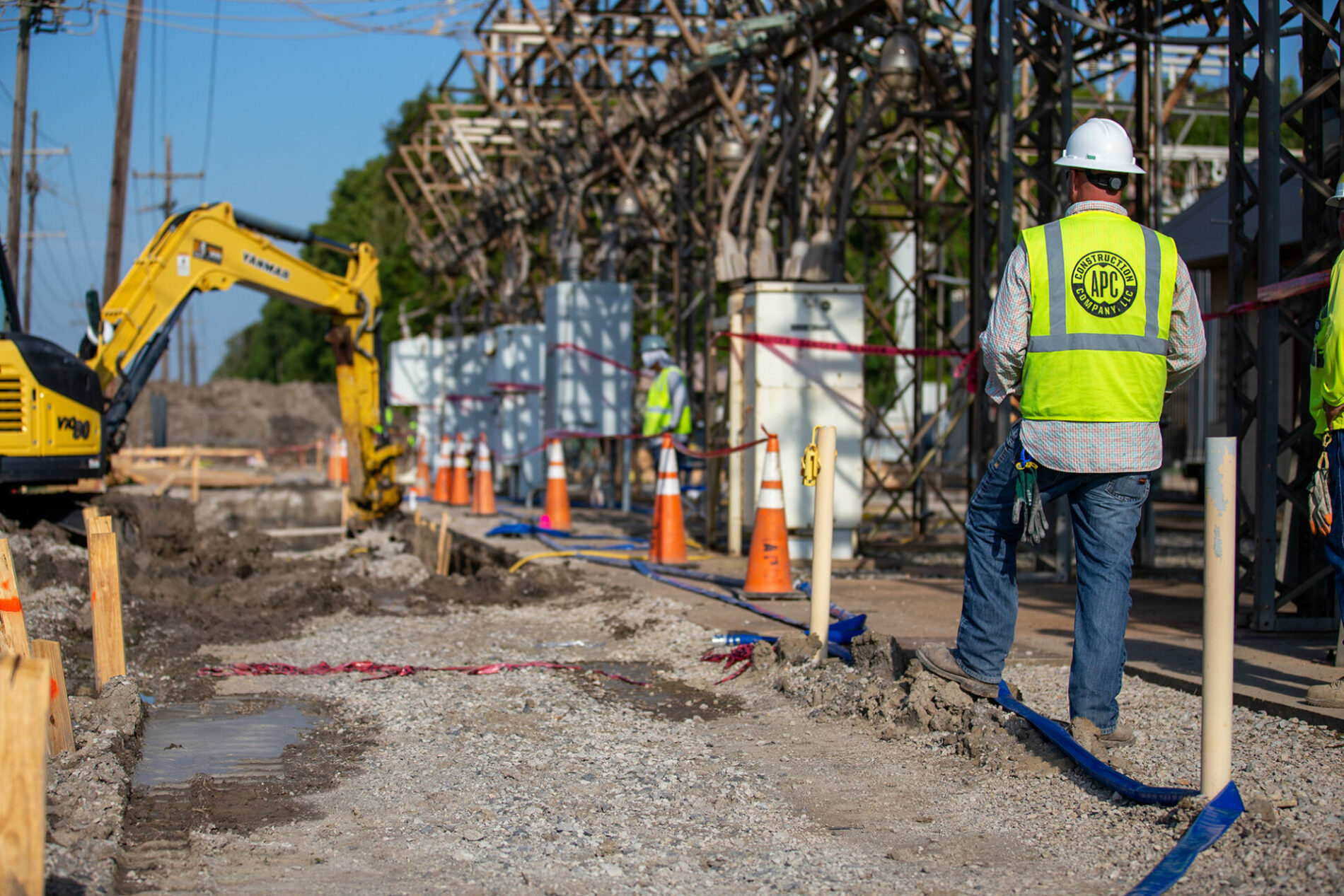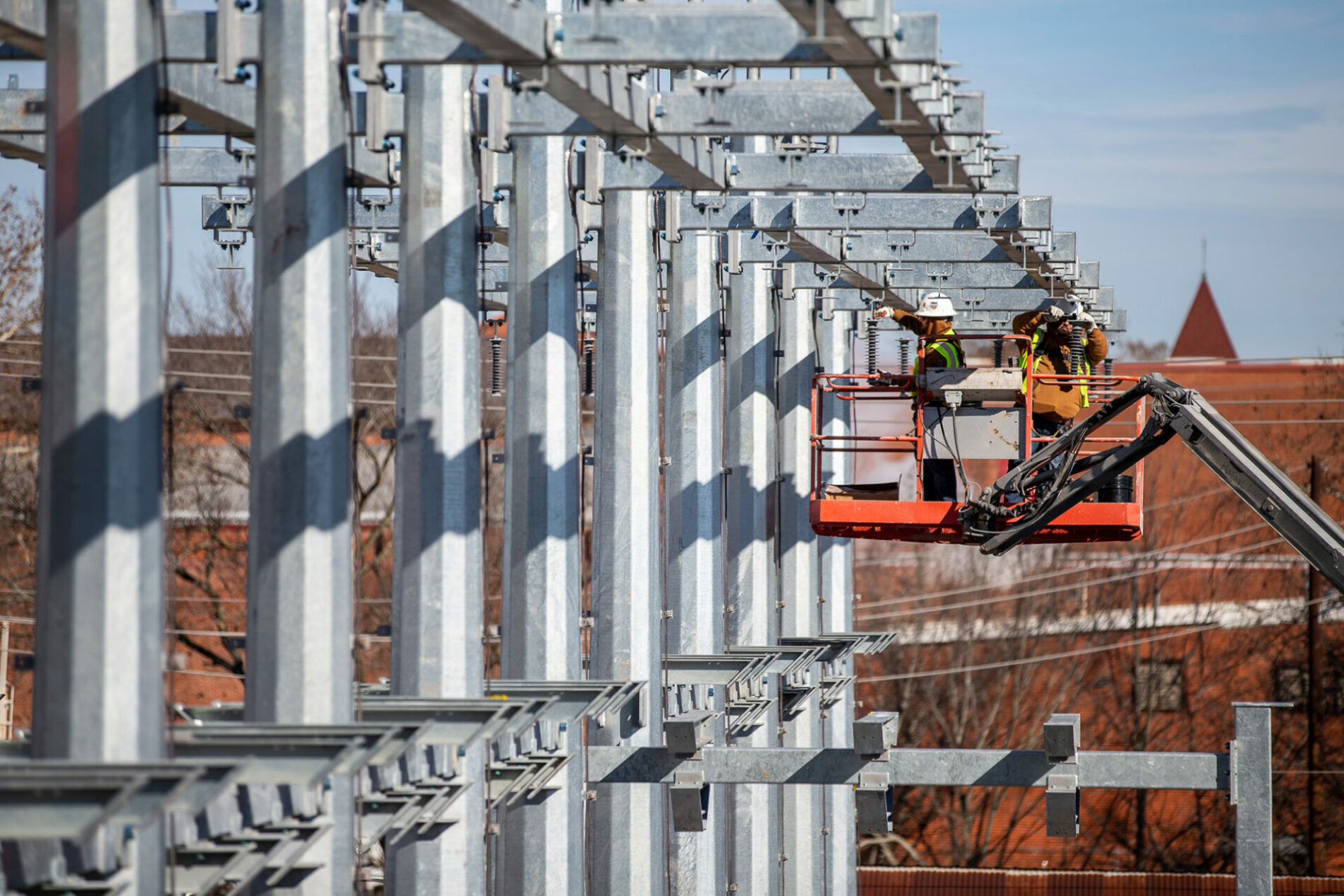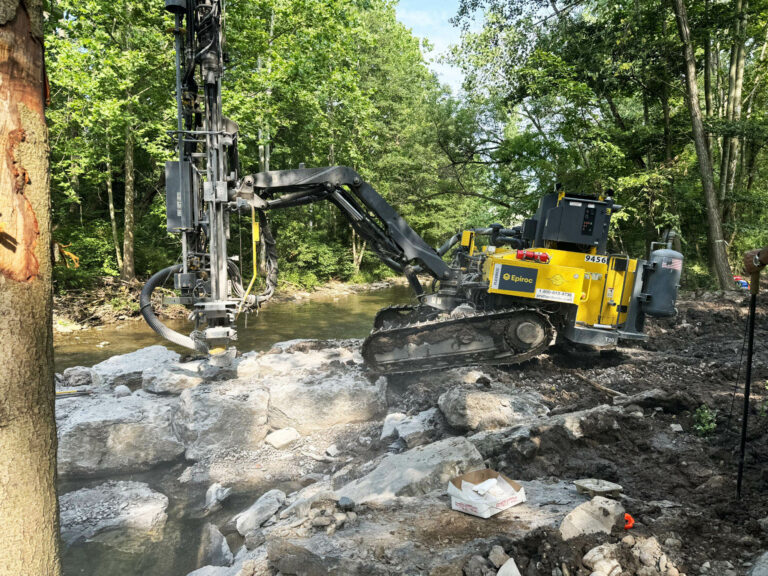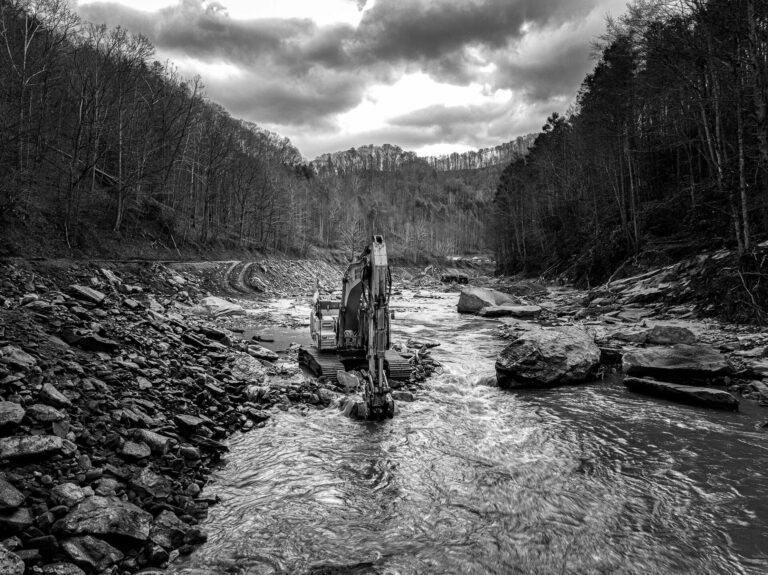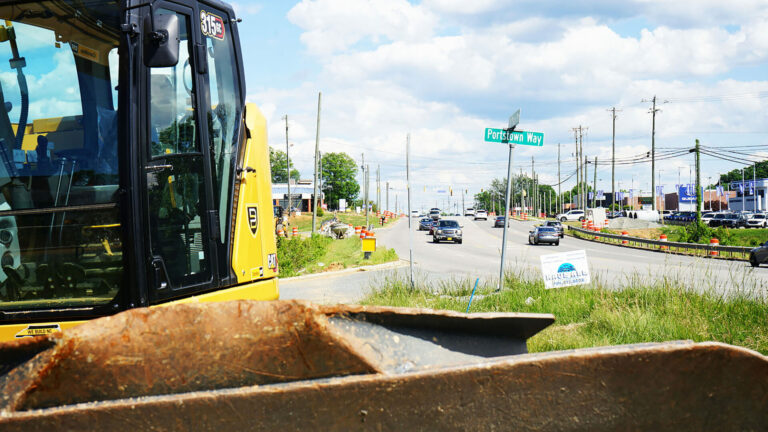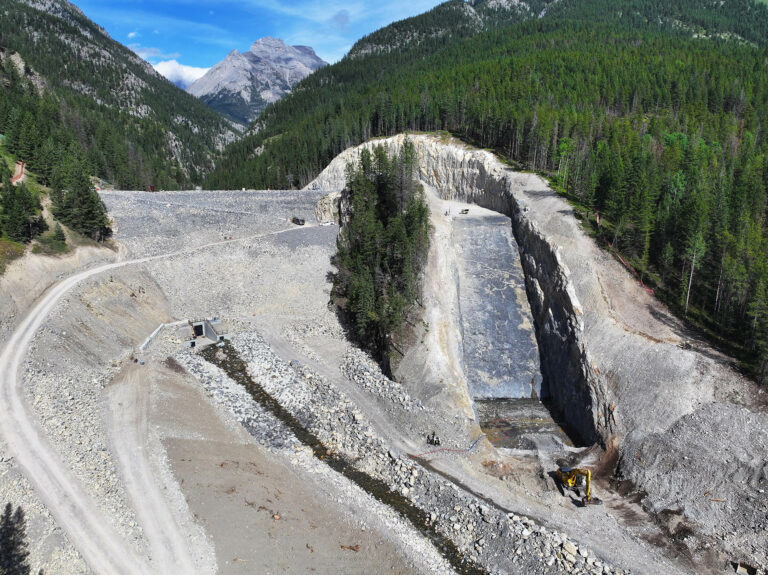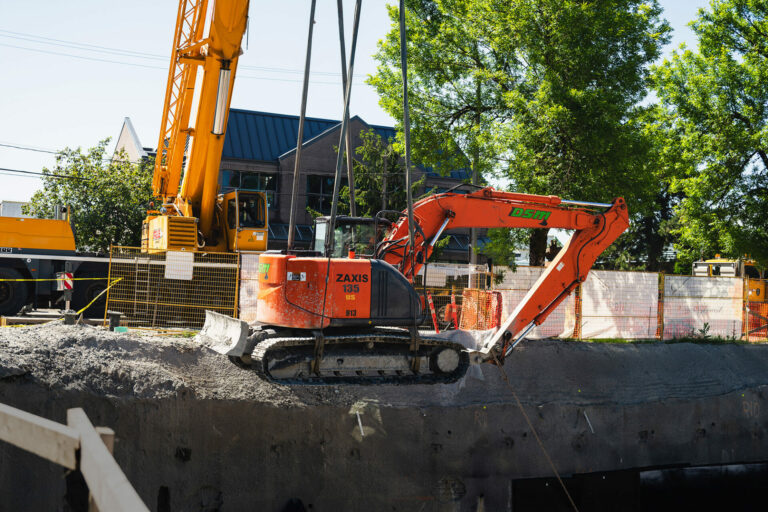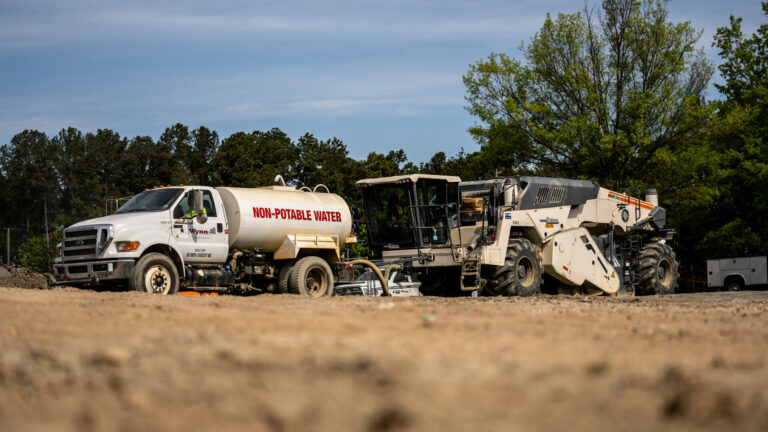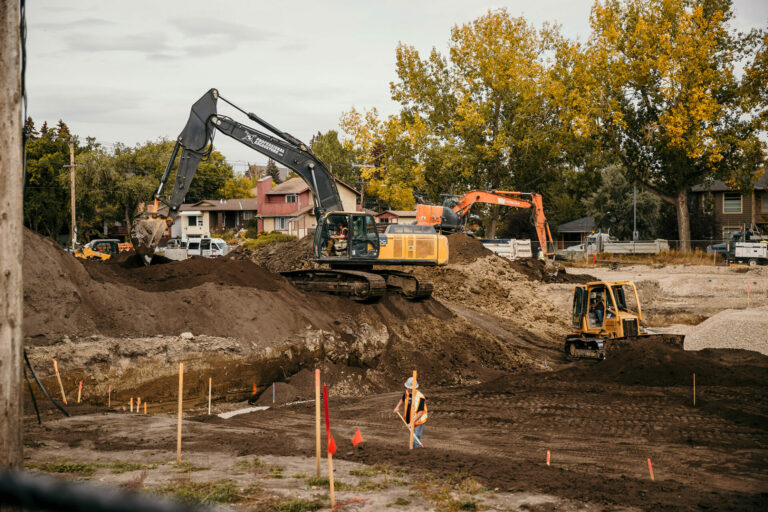Success in business needs hard work, skill, and commitment. Additionally, however, there is an often-overlooked element; relationships. Having the ability to foster and cultivate strong bons with staff, colleagues and clients is an invaluable tool and, for APC Construction, it is one of the foundational elements. Founded 18 years ago by company President Keith Porta, the company is going from strength to strength. For Porta, its success can be put down to one thing – people.
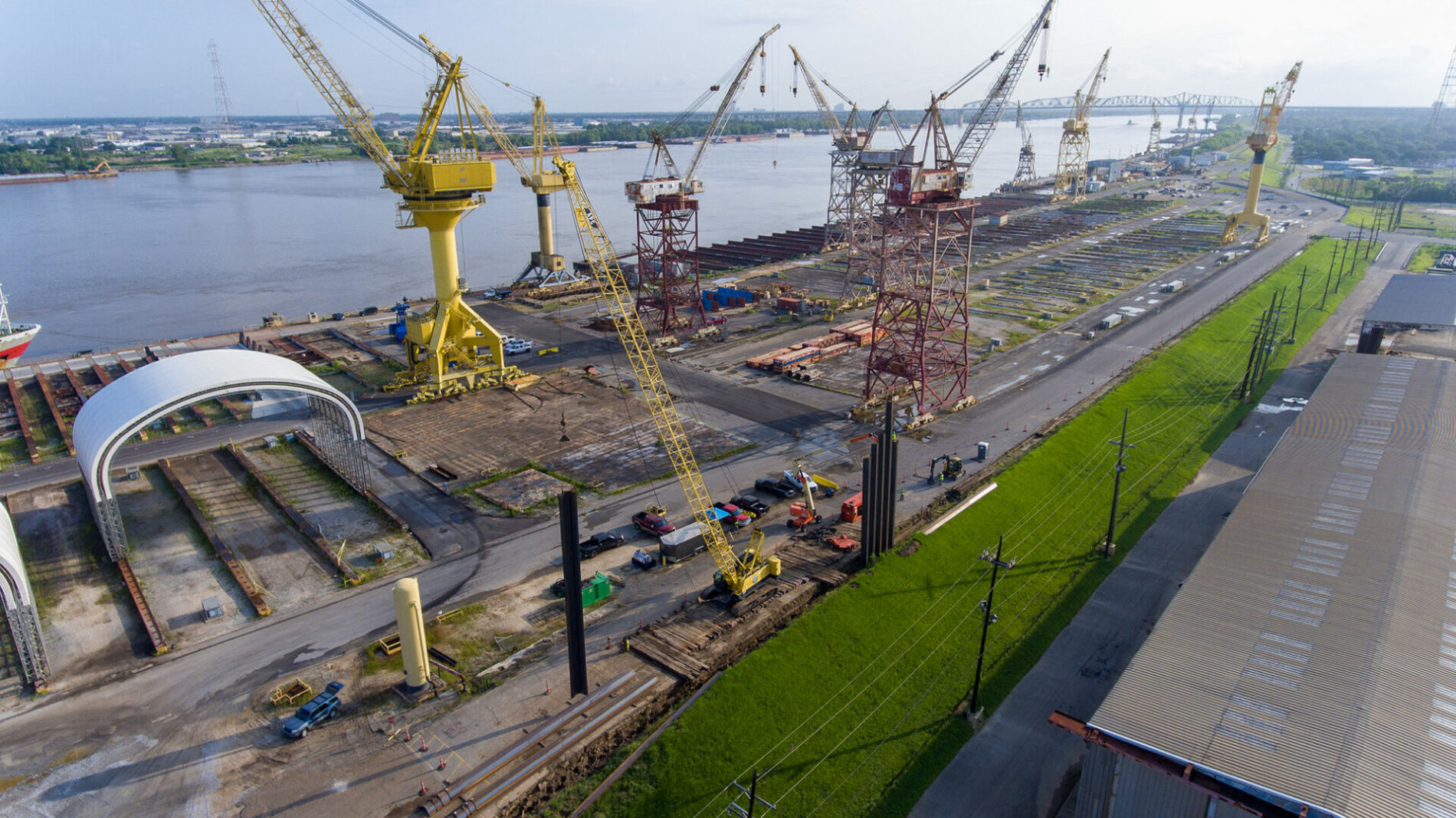
When he was just 24 years old, sitting at a folding table on a used laptop with $500 to his name, he set up APC Construction. While it may be a humble beginning, Porta was equipped with a piece of knowledge that many others in the industry lacked. He explained: “I had no license, no money, no idea, no clue what I was doing. But what I did know after working for previous contractors, I realized that there was a need for a new contractor that put the importance of their employees before themselves. I just saw time and time again that as contractors grew, they forgot that the guy in the field is really where the money is made, not the guy in the office.”
“I had no license, no money, no idea, no clue what I was doing. But what I did know after working for previous contractors, I realized that there was a need for a new contractor that put the importance of their employees before themselves.”
He named the company APC Construction after his late father, Dr. Armengol Porta Caldera – an immigrant from Latin America who came to the US and studied to become a physician. Dr Caldera was a cardiologist who emigrated to the United States from communist Nicaragua in the late 1970’s. As Porta explains, he ingrained in his son the values of hard work, perseverance, dedication, and the importance of the “work-family” – which makes up the company’s foundation. “The man couldn’t swing a hammer to save his life, but he was interested in people and helping those around him and making the lives of those around him better than when he found them. He drove an old car, he didn’t really care about money or prestige like most do, but he was a great person. On his headstone, it says ‘give and you shall receive’, and that’s the same motto that I try and live by every day, hence why I named the company after him. That’s why I felt like we were going to be successful no matter what, because having him as a namesake – what a great starting point”.
A great starting point indeed. In its first year, the company made $24,000 in revenue and now, 18 years later it is on track to make up to $100 million. This growth and success, Porta says, always comes in the context of where the company began. “I was broke, it was a sad time, but got through it – each year we grew, and I kept reinvesting the money back into the company. Last week’s payroll we had around 257 direct employees.”
The specialised contractor operates in the power delivery, industrial and federal markets, self-performing all heavy civil, deep foundations, electrical and mechanical portions of work. Over the course of the last 18 years, “starting the business and staying afloat” has been Porta’s number one achievement, however, APC Construction has hit many other milestones along the way. 2010 saw the company begin to work on larger civil projects before moving into the federal market in 2011. While in 2018, APC Construction opened the power delivery and industrial groups to focus on those markets, becoming what Porta describes as a “public work contractor.”
One aspect of its work that sets it apart from competitors is that, for APC Construction, everything is self-performed. By enabling its workforce to complete many jobs in-house, APC no longer needs to work with multiple subcontractors and can pride itself on offering a complete service, from beginning to end. “We self-perform all aspects of driven and drill pile in house which is really kind of a differentiator between us and other contractors. We perform a large percentage of our work. On most jobs, we’re going to take it from pile driving all the way through to steel, electric and mechanical scopes in-house with our own employees and equipment.”
An added benefit to the client is that, by performing everything in-house, APC can maintain strict quality measures, controlling the project from start to finish while reducing the cost through fewer overheads. A prime example of this can be seen in its recently completed project for the Regional Transit Authority of New Orleans in which APC was tasked with demoing and rebuilding the New Orleans Canal Street Ferry Terminal. The scope of the project included all the marine demo, marine and land piling, structural concrete and civil scopes. As Porta explained, APCs flexibility and innovation led to it being a huge success. “It was kind of a tough project for a demanding client, but it was finished ahead of schedule and under the established budget, so it was a big win for everybody.”
While ongoing growth and project success is worth shouting about, Porta keeps returning to its employees as an example of the company’s true success. APC has grown to over 250 employees – which Porta points to as an example. “All this, all the successes that we’ve had; I would say that there is a direct correlation to the men and women that work at APC. I know that a lot of companies say that their employees are their greatest asset, APC is no different. The way I look at it, we’re nothing without them and we’ve been extremely blessed to have such a talented group of people with similar values working together with us.”
Unsurprisingly, despite the success the company has received in the past 18 years, the team has no plans to change in this regard. Porta explained that while the company would like to continue its growth trajectory, maintaining a “small business, family feel throughout the company” is what is most important. “We’re taking a kind of measured strategy to try to enact that, specifically within the power delivery, federal and industrial spaces, so that when people come to work at APC, hopefully, this is the last stop. So although we do want to continue to grow and become a regional size contractor, we want to do it at a pace that allows us to keep all the benefits of a small footprint.”









